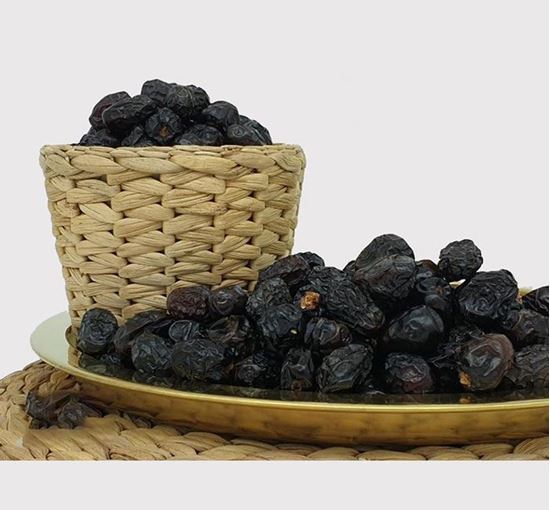
Harga Kurma Ajwa: the Historical and Cultural Significance of Dates
Introduction
Kurma Ajwa is a unique variety of dates that holds great historical and cultural significance. These dates have been cherished as a staple food in various regions around the world for centuries. In this blog post, we will delve into the origins of Harga Kurma Ajwa, explore its nutritional value, and uncover its cultural importance in different societies.
Origins of Harga Kurma Ajwa
Harga Kurma Ajwa dates are believed to have originated from the city of Madinah in Saudi Arabia. They are highly regarded and are often referred to as the “King of Dates.” These premium dates are cultivated from the Ajwa palm tree, which is native to the region.
Nutritional Value of Harga Kurma Ajwa
These dates are not only delicious but also packed with essential nutrients. They are a rich source of carbohydrates, dietary fiber, and natural sugars, making them an excellent energy boost. Additionally, these dates contain essential minerals such as potassium, magnesium, and calcium, which contribute to overall well-being.
Furthermore, these dates are known for their high antioxidant content. Antioxidants help protect the body against free radicals, reducing the risk of chronic diseases and promoting a healthy immune system.
Cultural Significance of Harga Kurma Ajwa
The dates hold significant cultural importance in various regions across the globe. Let’s explore how these dates are celebrated and enjoyed in different cultures:
1. Saudi Arabia
In Saudi Arabia, this date variety is highly revered and considered a symbol of hospitality. These dates are often served to guests as a gesture of warm welcome and generosity. They are also an integral part of special occasions and religious festivals, particularly during the holy month of Ramadan.
2. Middle Eastern Cuisine
Ajwa dates are a staple ingredient in Middle Eastern cuisine. They are used in both savory and sweet dishes, adding a unique flavor and texture. These dates are often incorporated into desserts like date cakes, puddings, and pastries. They are also enjoyed alongside savory dishes, providing a delightful balance of sweetness.
3. North Africa
In North Africa, this dates variety is a popular ingredient in traditional recipes. They are commonly used in tagine dishes, couscous, and various types of stews. These dates add a natural sweetness and depth of flavor to the rich and aromatic North African cuisine.
4. Southeast Asia
In Southeast Asian countries like Malaysia and Indonesia, these dates are consumed during festive occasions, including Eid al-Fitr. These dates are often enjoyed as a simple snack or used in traditional desserts and beverages. They are also given as gifts to friends and family during these celebrations.
Conclusion
Harga Kurma Ajwa, with its rich history and cultural significance, continues to be cherished as a staple food in various regions worldwide. These dates not only offer a delicious taste but also provide essential nutrients and antioxidants. Whether enjoyed on special occasions or incorporated into everyday cuisine, Harga Kurma Ajwa plays a significant role in the culinary traditions and customs of different cultures.
Key Highlights of the Blog
- Harga Kurma Ajwa is a unique variety of dates with great historical and cultural significance.
- These dates originated from the city of Madinah in Saudi Arabia and are known as the “King of Dates.”
- This dates variety is packed with essential nutrients, including carbohydrates, fiber, and minerals.
- These dates are celebrated and enjoyed in various cultures worldwide, including Saudi Arabia, the Middle East, North Africa, and Southeast Asia.
- They are used in both sweet and savory dishes, adding a distinct flavor and cultural touch to traditional recipes.
- This dates variety continues to be an integral part of festive occasions and religious festivals in many regions.